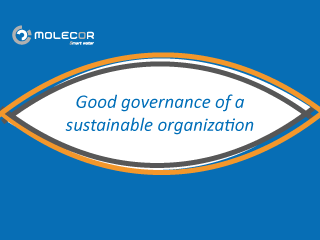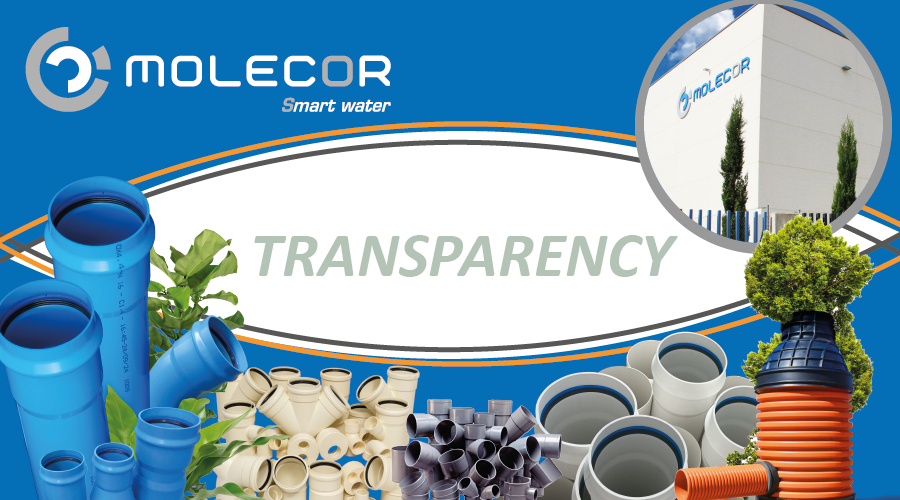
Nowadays, sustainability has become a key factor for the success of any organization. Companies are no longer solely focused on generating economic profits; they also strive to have a positive impact on the environment and society. To achieve this, transparency has become a fundamental value.
Transparency in a sustainable organization not only means being open and honest with stakeholders, but also being responsible in all practices and in the impact of its activities on people and the planet. This means communicating in a clear and accessible manner information about its policies, processes, products and services, as well as its sustainability achievements and challenges.
Being transparent offers several advantages for the organization:
- Builds trust among stakeholders, such as customers, employees, investors, and the general community, as it demonstrates that the organization has nothing to hide and is committed to sustainability.
- Enhances reputation compared to organizations that are not transparent, as both consumers and investors increasingly value sustainability.
- Promotes accountability and drives continuous improvement since, due to the commitment to meeting objectives and reporting on progress, the organization must establish action plans and identify areas for improvement in order to work more effectively towards their achievement.
- Attracts and retains talent, as employees increasingly prefer to work for companies that are transparent and committed to the environment and sustainability.
Transparency in Environmental Claims to Prevent Greenwashing
Transparency is especially important when making environmental claims about the impact of an organization’s products and operations. Without it, there is a risk of greenwashing—creating a false impression of environmental sustainability to deceive or mislead consumers and investors by exaggerating achievements or concealing negative information about environmental and social impacts.
To avoid greenwashing, organizations must provide clear, honest, transparent, responsible, truthful, and verifiable information about their environmental practices in their communications. Additionally, they must acknowledge and address any negative impacts that may arise from their operations.
Molecor as an Ambassador of Greentrusting
At Molecor, by embracing our values of honesty and transparency, we not only avoid greenwashing practices but also strive to build and maintain the trust of our stakeholders through transparency and authenticity about our sustainability challenges and achievements. In other words, we practice Greentrusting—committing to improving our performance and striving to generate a positive impact.
Beyond the previously mentioned benefits, transparency in environmental matters also brings additional advantages:
- Reduces the risk of sanctions and legal conflicts related to accusations of greenwashing and potential penalties.
- Improves efficiency and innovation by encouraging the search for more sustainable solutions.
At Molecor, we implement the following transparency practices in environmental matters:
- Providing relevant and verifiable information about our environmental practices, including emissions, energy consumption, waste management, etc.
- Using recognized standards and certifications to validate our environmental claims, such as Environmental Product Declarations (EPD), Organizational Carbon Footprint Calculation, and certification of environmental and energy management systems.
- Making information publicly available, sharing our achievements both internally and externally through our communication channels, including our website, social media, media outlets, and Molecor’s internal newsletter.







